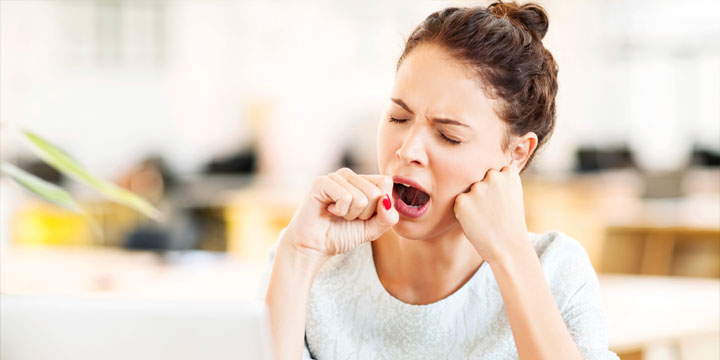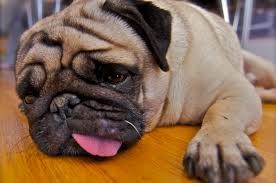
Top tips for a good nights sleep (part 2) by Dr Shelley Parkin
5th October 2015In part 1, we looked at the importance of sleep and highlighted the first 6 of 13 top tips to improve your sleep and feel great. Here are the rest:

Don’t go to bed until you’re sleepy
Distinguish between the feeling of sleepiness and being tired. Get into bed when you’re sleepy – eyes droopy, you’re drowsy, you feel like you’re nodding off. It’s a very different kind of feeling.
When you get into bed, turn out the lights with the intention of going straight to sleep. If you cannot fall asleep within a short time or are not very relaxed and about to drop
off, get up and go into another room. Stay up as long as it takes until you begin to feel drowsy and then return to your bed to sleep. Don’t become a clock-watcher. Use a period of about 10 to 15 minutes as a guide. Remember your goal is to associate bed with falling asleep quickly. Return to bed only when you are sleepy.
Repeat as often as you need throughout the night. New habits only come with practice. It is common to get up many times initially, before falling asleep. In fact you will probably find that your sleep is getting worse in the short-term. Do not despair. After the first week or so, you will find that you are not getting up as often. Keep track of your progress with a diary; this will give you confidence that it’s working.

Cut out naps
We are designed to be awake in the day and asleep at night. Late afternoon napping can interfere with nighttime sleeping. If you can stay awake, you will be nice and tired at bedtime.
Create a relaxing bedtime ritual
A relaxation routine before bed can help you separate from the day, especially from over-stimulating or stressful activities which make it difficult to sleep. Try meditation, a hot bath, soothing music, or a good book. A cup of herbal tea or warm milk can also be soothing, but skip them if they cause you to wake at night for the bathroom.
Avoid “nightcaps”
People often think that alcohol helps sleep. It actually robs you of deep sleep, which is essential for feeling rested. When the effects of alcohol wear off during the night, you’ll probably be wide awake again. Cut out caffeinated drinks, from late afternoon. Milky drinks are better close to bedtime – hot milk, hot chocolate or Horlicks.
Are you thinking too much?
Is your head too full of thoughts to allow you to sleep? If so, try doing some relaxation exercises to refocus your thoughts. You may also find that distraction can help – quiet, relaxing background music to concentrate on, or visualising yourself in a favourite place where you were happy and relaxed
Medication
Ask your GP whether your medications might be interfering with your sleep.
Are you going to the toilet?
Are you going to the toilet several times through the night? If so, try not to have anything to drink for about two hours before going to bed, and make sure you empty your bladder just before bedtime. If it continues, speak to your GP.
If you are at all concerned about long-term sleep deprivation, contact your GP for advice.
Just one more thing to remember – poor sleep can be a symptom of psychological difficulties such as depression and anxiety. At VP Forensic Ltd., our Clinical Psychologist can provide professional support to enable you to feel better and function more effectively. For more information please call Dr Shelley Parkin on 0870 850 4265.
back to all news